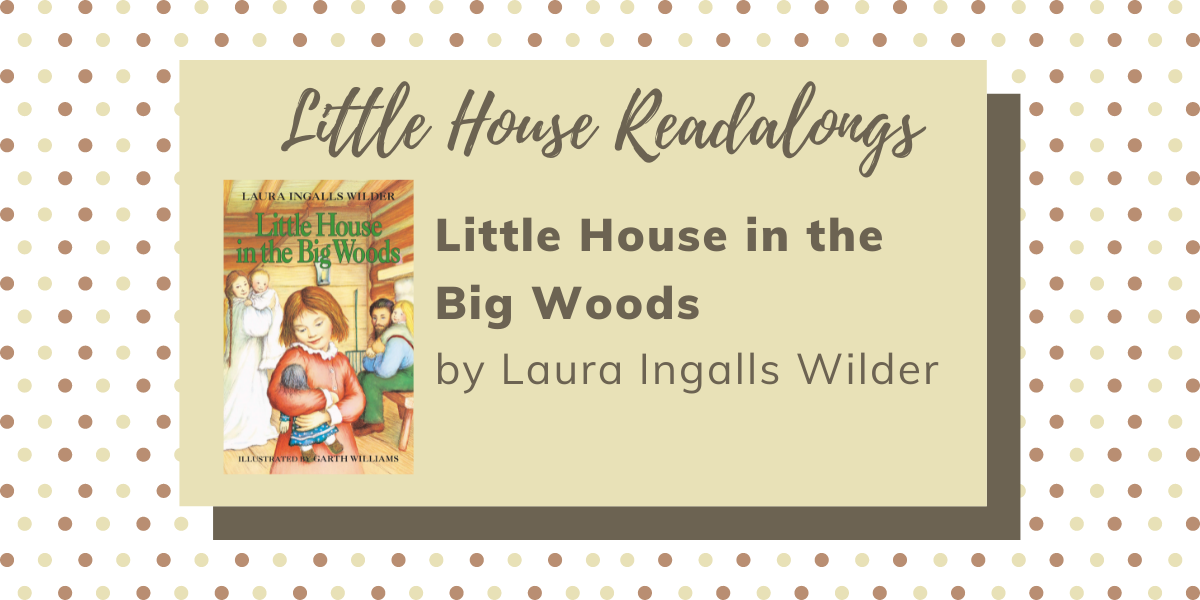
My favorite Little House book has always been “On the Banks of Plum Creek”. As a child, I thought living in a dugout was quite fascinating and romantic. I never thought about bugs crawling down the walls or mud falling in the food you were cooking. When I played “Little House” with my friends we reenacted living in the dugout or in the Wonderful House complete with a cast iron stove that was in the basement of my friend’s home. I remember visiting the museum at Rocky Ridge when I was 13, the year that the T.V. movie was made, and seeing the little china box that Laura talked about receiving at the church Christmas social. I was enthralled. In fact, of all my Wilder artifacts, my similar fairing trinket box is one of my most prized. The horror of the grasshopper invasion never sank in when I was a child. I preferred to cheer Laura on when she lured the wicked Nellie into the leech and crab infested Plum Creek. I never thought about the harshness of the reality of Wilder’s life. In fact, for much of my adult life, I romanticized the life of the Ingalls family, only becoming aware of the cruelty of their poverty as I began to read and research about the real life of Laura Ingalls Wilder.
Chapter Three of “Prairie Fires”, Crying Hard Times, paints a very clear picture of the series of unfortunate events that befell the Ingalls family. This chapter covers the Ingalls move to Walnut Grove, Minnesota in 1874 and their subsequent move to Burr Oak, Iowa and back again to Walnut Grove. There is a great deal to read in this chapter as in all of the book but I found that much of it is covered very similarly in the annotations to “Pioneer Girl” by Laura Ingalls Wilder, edited by Pamela Smith Hill. It is heartbreaking stuff if you spend any time thinking about the effect of all of the loss suffered by the Ingalls family. I can only imagine the trauma of it all. Yet the family persevered and 50 years later when Laura wrote about those days, she chose to paint a picture of self-reliance, cheerfulness, persistence and survival.
I did find Fraser’s section on the Grasshopper plague to be interesting. The enormity of the swarm of Rocky Mountain Locust defies imagination. According to one meteorologist named Albert Child, the swarm was 110 miles wide, 1800 miles long and a quarter to half mile in depth. The covered 198,000 miles from Canada to Texas leaving devastation in their wake. Indeed, in my home state of Kansas, there are monuments, statues and tales about the locust still in existence today. The mortar of a church in a town near my home contains preserved carcasses of these destructive insects. Fraser discusses the futile attempts of farmers to find a way to eradicate the locust, the destruction they left behind and the pitiful response of state governments and social aid for the devastated, starving farm families. The account is quite enlightening.
Overall, I was left wondering about Charles Ingalls. He could not help or prevent the many crises that befell his family. Most of the would be consider acts of God. The grasshopper plague, the illness of his wife, the birth and death of a son, the doctor bills, promises reneged and the long, drawn out illness of his eldest child were certainly beyond his control. However, the question I was left with and that was not answered in “Prairie Fires” was why Pa didn’t backtrail and go home to Pepin. I understand that land and jobs were scarce back home but they had family there. Wouldn’t some part of their extended family take them in while they healed and got back on their feet? Why did Pa insist on staying in Walnut Grove, even returning to it after success eluded them in Burr Oak. Was it stubbornness? Misguided hope? Self-reliance? Pride? Lack of resources? I think we can speculate but I don’t think we can ever know for sure. What do you think?


Comments2
I believe Charles was an optimist and Caroline was a long-suffering realist. I think he was unable to accept the thought of backtracking because he was hard-wired toward assuming the best. Laura writes him as an optimist too. When his eyes lose their twinkle, it’s because he’s beat down with exhaustion, not lack of optimism. I’m almost an optimist myself and as I’ve aged I’m starting to question my assumptions before the “It’ll all turn out fine in the end” line starts looping in my head. Yes, what ever problem I’m dealing with will come to a end, and I will likely survive, but some situations are not really “fine” after all is said and done. They are simply done and there is a new normal. I think as an optimist there was a loop in Charles head that said, “next time will be better.” And he didn’t question that assumption enough, if at all. But, he sure set up his daughter for some great stories!
They may have returned to Walnut Grove because they knew they could depend on the help of the many friends they had through the church the Ingalls were so devoutly a part of.
Comments are closed.